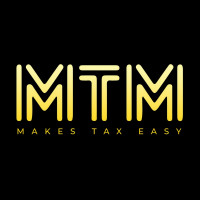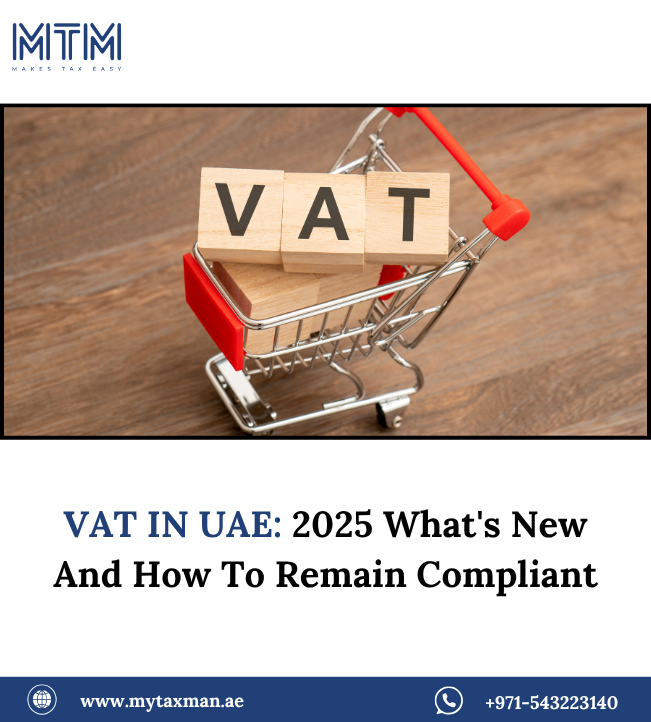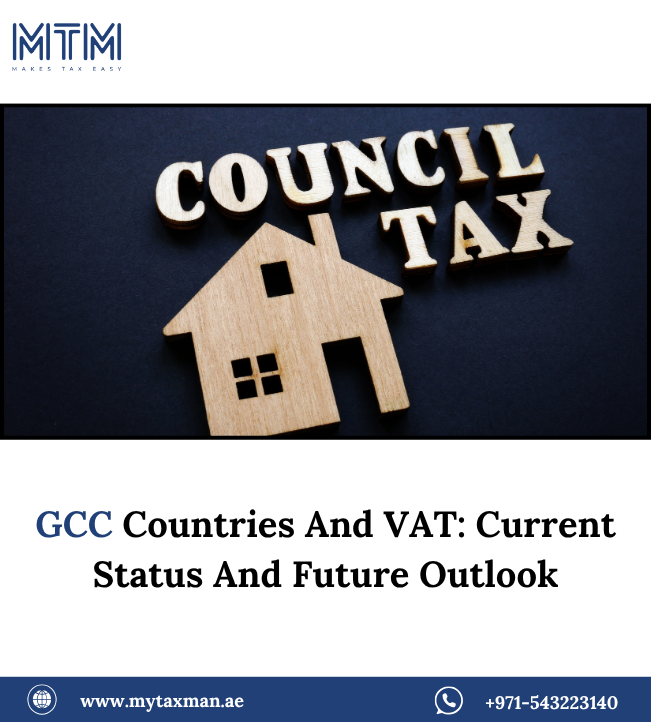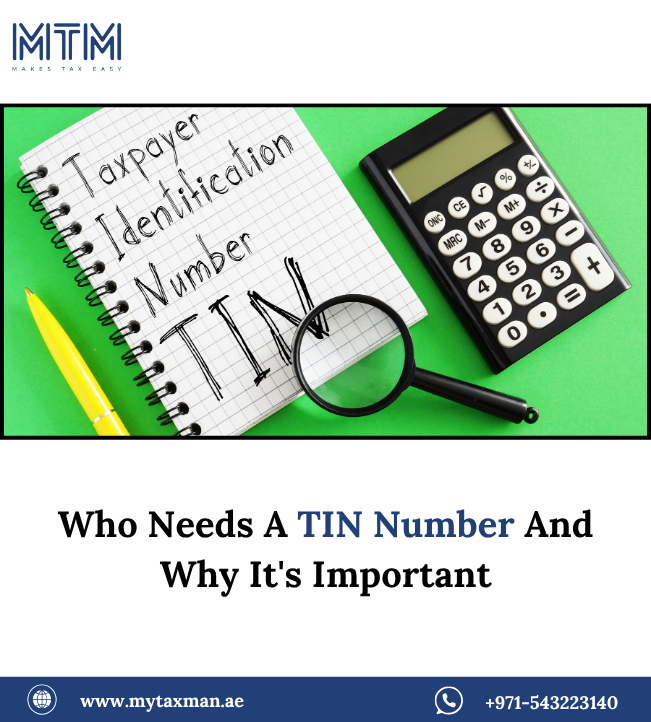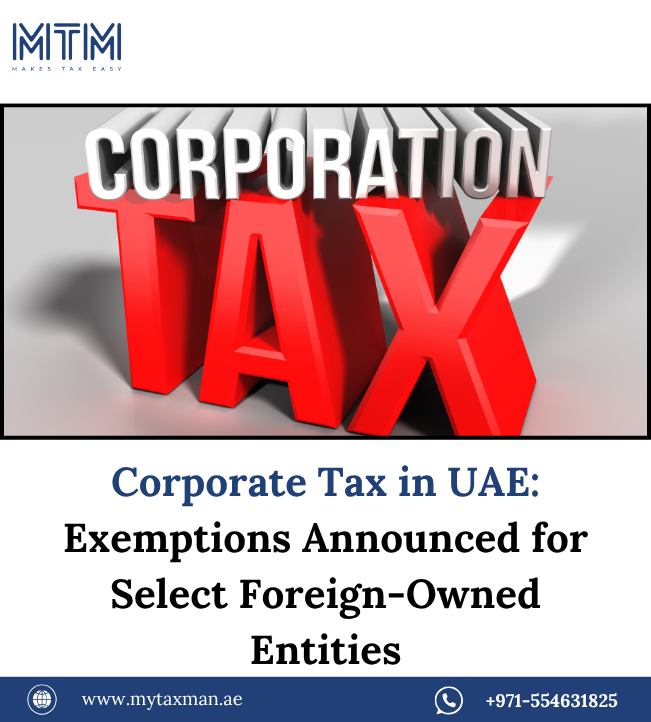Qualifying Free Zone Person (QFZP): What It Means Under UAE Corporate Tax Law
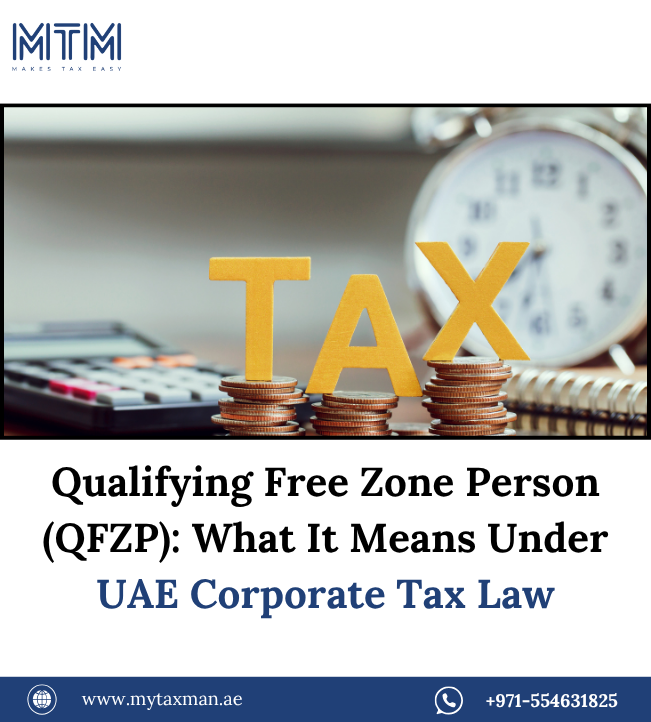
Strong 8k brings an ultra-HD IPTV experience to your living room and your pocket.
The implementation of UAE corporate tax law on 1 June 2023 was a milestone in the country’s tax history. The law was designed to align with international tax standards and expand national revenues. Companies whose profit exceeds AED 375,000, have to pay a standard 9% corporate tax in UAE. However, certain provisions, like that of a Qualifying Free Zone Person (QFZP), offer meaningful tax relief to eligible businesses—particularly those established in the UAE’s many free zones.
It is worth understanding what makes a QFZP, and the exact benefit and requirements of this status, for businesses looking to optimize their tax position under the new law.
What Is a Qualifying Free Zone Person (QFZP)?
As per Article 18 of the UAE Corporate Tax Law (Federal Decree-Law No. 47 of 2022), a Qualifying Free Zone Person is a free zone person meeting certain regulatory conditions, thereby qualifying for a 0% corporate tax rate on “qualifying income.” The preferential treatment reflects the UAE’s desire to persist in promoting economic activity in its free zones, which have historically attracted foreign investment through tax holidays and simplified regulations.
Cabinet Decision No. 55 of 2023 and Ministerial Decision No. 139 of 2023 provide further guidance on what constitutes a QFZP and what type of income is eligible for exemption.
corporate tax in UAE
Why Is QFZP Status Important?
The QFZP status’s most significant advantege is the 0% corporation tax on the qualifying income. While most UAE businesses are now subject to the 9% corporation tax in UAE, qualifying free zone companies that satisfy the legal requirements can retain a significant portion of their profits—a characteristic that makes QFZP status highly attractive.
This tax advantage is particularly beneficial to foreign-owned companies, holding companies, logistics centers, and service providers in free zones that do business with customers outside the UAE or other free zone companies.
Qualifying Conditions to be a QFZP
A company must satisfy all of the following conditions under UAE corporate tax law in order to qualify and retain QFZP status:
1. Incorporation in a Free Zone
The entity should be formed or registered in a known free zone within the UAE, for example, Dubai Multi Commodities Centre (DMCC), Jebel Ali Free Zone (JAFZA), Abu Dhabi Global Market (ADGM), or any other specified zones.
2. Have Adequate Economic Substance
The company must conduct core income-generating activities in the free zone and must have adequate personnel, assets, and premises. This is to ensure that the company is indeed operating from the free zone and not just registered there for tax avoidance.
3. Derive Qualifying Income
Only certain types of income are “qualifying” for the 0% rate. As per Ministerial Decision No. 139 of 2023, qualifying income includes:
Income from transactions with other free zone persons
Income from foreign customers (non-UAE mainland)
Income related to qualifying activities such as manufacturing, logistics, holding company activities, fund management, wealth management, headquarter services, and treasury services.
Income from UAE mainland customers does not typically qualify unless the goods are distributed without entering the mainland or the services are ancillary to qualifying activities.
4. Fulfill Transfer Pricing and Documentation Regulations
QFZPs are obligated to comply with the OECD-aligned transfer pricing rules of the UAE corporate tax regime. This includes maintaining adequate documentation and ensuring that related-party transactions are conducted on an arm’s length basis.
5. Audited Financial Statements
The QFZP must prepare and submit audited financial statements. The statements must differentiate between qualifying and non-qualifying income, which is essential for ascertaining the applicable tax liability.
What If You Fail to Meet the Requirements?
In a financial year, if even one of the conditions for QFZP failed to meet will result in loss of QFZP status for the year. The consequence is that all the income, including what would otherwise have been qualifying income, will be taxed at the standard 9% rate.
Furthermore, where the QFZP status is lost, the business must notify the Federal Tax Authority (FTA) and make the corresponding adjustments to its tax returns.
Strategic Implications for Business
The QFZP regime of the UAE corporate tax law provides a valuable advantage—but also a compliance obligation—for free zone businesses. Businesses must carefully take into account:
Whether their income sources qualify
Whether their business presence meets economic substance requirements
Whether they can provide sufficient financial and tax record-keeping
For new investors, choosing the right free zone and structuring operations to meet QFZP requirements can lead to significant long-term tax savings.
Final Thoughts from My Taxman
The introduction of corporate tax in UAE has altered the fiscal landscape, but it also provides astutely crafted incentives for compliant businesses. QFZP status is one of the pillars of this regime, allowing qualifying free zone companies to benefit from a 0% rate of tax on qualifying income—provided all regulatory conditions are met.
At My Taxman, we specialise in navigating the evolving UAE tax landscape on behalf of businesses. Whether you are looking to establish a new entity in a free zone or ensure your existing business qualifies for QFZP status, our tax specialists are here to help.
Need specialist support on QFZP compliance?
Reach out to My Taxman today and make the most of the opportunities offered by the new UAE corporate tax law.
Note: IndiBlogHub features both user-submitted and editorial content. We do not verify third-party contributions. Read our Disclaimer and Privacy Policyfor details.

